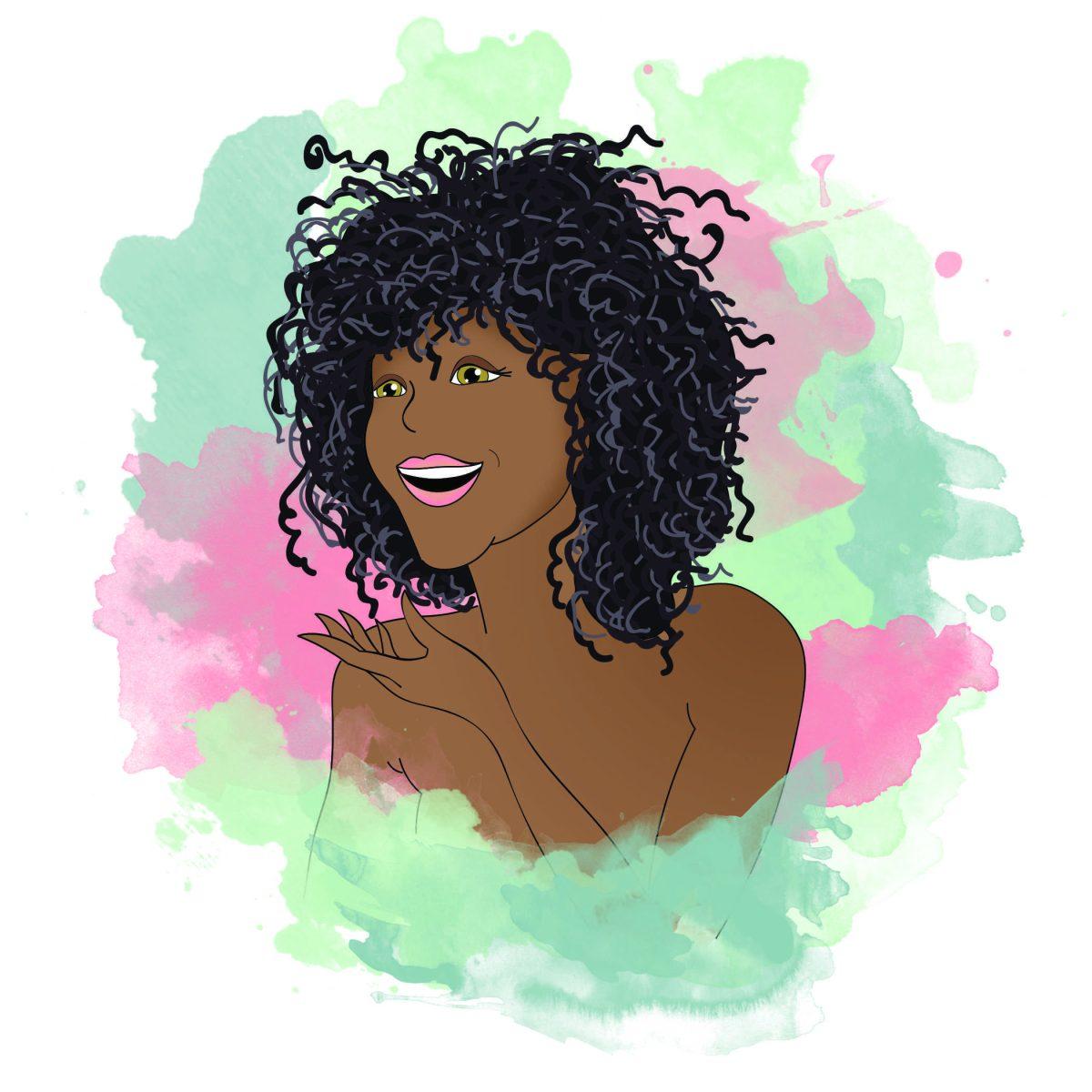The relationship between most black people and our hair has historically been a very complicated one that required them to alter our hair to resemble the styles that were popular in society. For years, it usually involved trying to iron our hair into long, sleek styles and make it lay closer to the scalp. From lye perms to hot combs to Jheri curls, most black people have put major effort into making their hair conform to mainstream beauty standards.
Afros surged in popularity during the ’60s and ’70s, and popular images of controversial activists, like Angela Davis, with their fists and afros high in the air made the afro a symbol of black pride and radical beliefs. Shortly after, afros faded away, and the popularity of relaxers and flat irons returned. It seemed like natural hair would remain a thing of the past until the second wave of the movement arrived.
The new natural hair wave is devoid of the sometimes polarizing ideologies that were attached to the first one and kept it from becoming a permanent mainstream style. Most members of the new natural hair movement see wearing their natural hair as an embrace of all their features and a new style change. It includes everyone from church mothers to rappers to college girls. The mainstream media has embraced the new natural movement, and now it’s common to see natural hair on magazine covers, in commercials and on A-list celebs on the red carpet. The new movement is one that revolves around a message of self-love. I believe this will encourage self-acceptance and a more inclusive standard of beauty for future generations of black people and society as a whole.
The new movement has also provoked many thoughtful discussions within the natural community. There’s been an explosion of YouTube gurus, blogs and online forums dedicated to guiding women through the transition from relaxed to natural hair. These outlets have created entire communities of black men and women supporting each other during the transition from relaxed to natural. Even offline, when a group of “naturals” get together, bonding over haircare is usually not far behind.
For many black women, it is more meaningful than just a hairstyle.
“Some might go natural as a ‘trend’ but what they receive after the movement is much more than a hairstyle change. It is a lifestyle,” kinesiology freshman Gaylen Grogan said. Grogan also notices the growing confidence of natural haired women. “Women are becoming more confident in their own natural beauty.” Women everywhere are rejecting the idea that they need to make alterations to their natural features to look their best and loving their new looks.
The natural hair movement has inspired a new sense of confidence in many of its members. The decision to stop relaxing and grow out their hair can be intimidating, but often the beautiful results and the fun of discovering new styles makes it a great decision for many.
“I was hesitant for a while to transition completely because I was worried about how I would look and if it would ‘fit me,’” said sociology senior Stefani Corbin. “I realized how silly this was and am more confident than ever before because of it.”
An entire generation is growing up seeing the hair they were born with as the standard styling choice. Now relaxers and weaves are starting to become different ways to try new styles, rather than the normal styling choice. I love seeing the beautiful afros, twist outs, dreadlocks and other natural hair styles on campus everyday. Mainstream society’s acceptance of natural hair has been uplifting, and I hope it continues.
Osie Evans is a 20-year-old English junior from Natchitoches, Louisiana.
Opinion: Natural hair movement should promote self-acceptance, self-love
By Osie Evans
January 24, 2017
Cartoon: Natural hair





